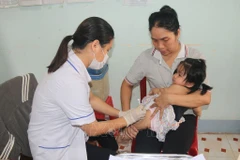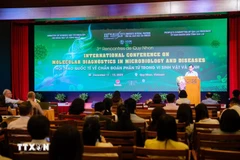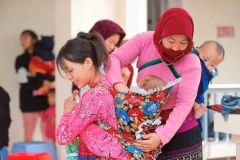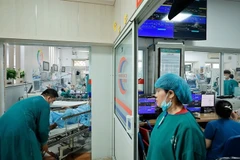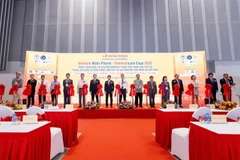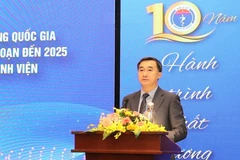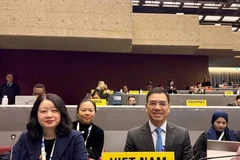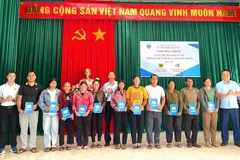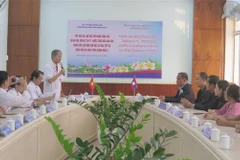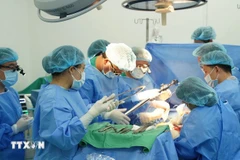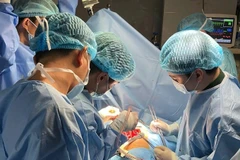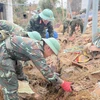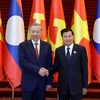Theevent aims to promote the use of vaccines to protect peopleagainstdiseases, intensify monitoring vaccine-preventable diseases andeliminate poliomyelitis, introduce new and updated vaccines and developfuture vaccine generations.
This year’s campaign focuses onclosing the immunisation gap and reaching equity in immunisation levelsas outlined in the Global Vaccine Action Plan (GVAP). The Plan –endorsed by the 194 Member States of the World Health Assembly in May2012 ― is a framework towards preventing millions of deaths by 2020through universal access to vaccines.
According to the Departmentof Preventive Medicine under the MOH, infectious diseases havedeveloped and become increasingly complex in recent years, leavinginfants and children more vulnerable than ever and necessitatingcomprehensive and timely immunisations.
The department assertedthat immunisation is widely recognised as one of the most successful andcost-effective health interventions. It prevents between 2 and 3million deaths every year and protects children against diphtheria,tetanus, polio and measles as well as two of the leading causes of deathof children under five, pneumonia and rotavirus diarrhoea.
Adolescents and adults can also be protected against life-threateningdiseases such as influenza, meningitis, and cancers (cervical andliver), thanks to new vaccines.
World Immunization Week 2015will signal a renewed global, regional, and national effort to increaseawareness and demand for immunisations and improve vaccination deliveryservices.-VNA
